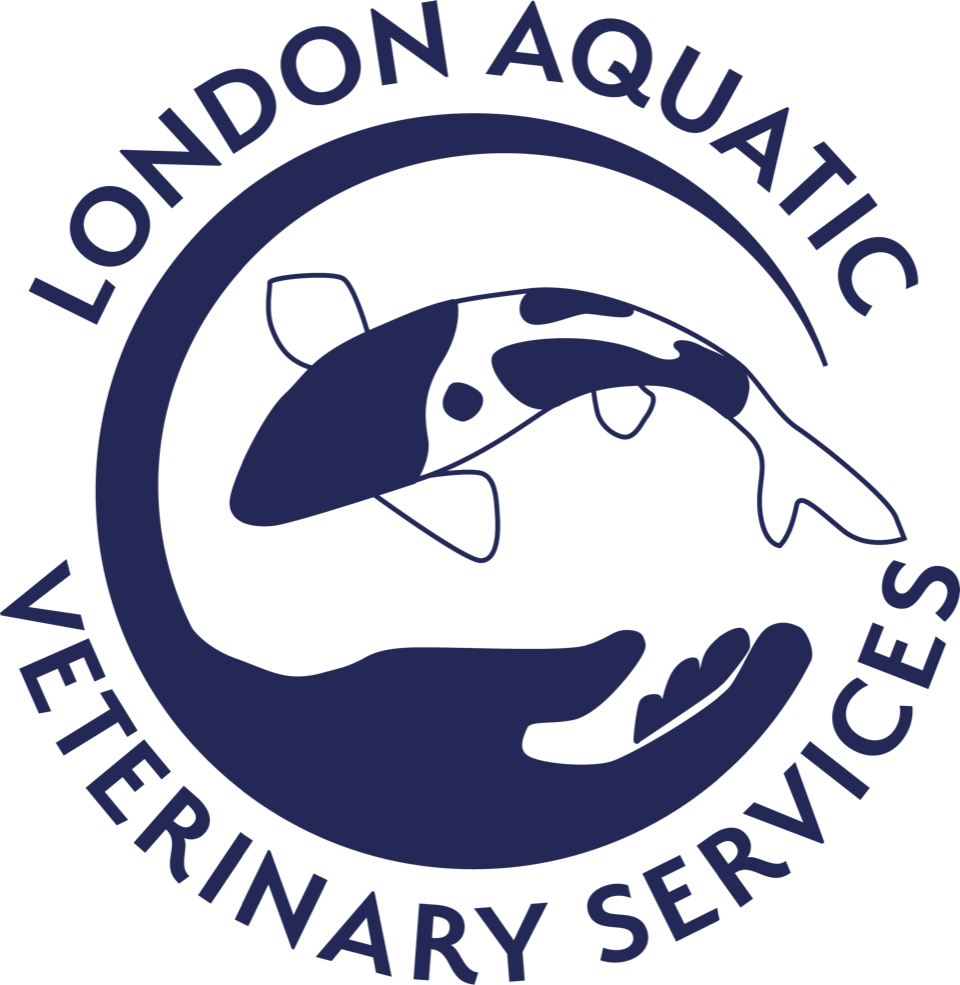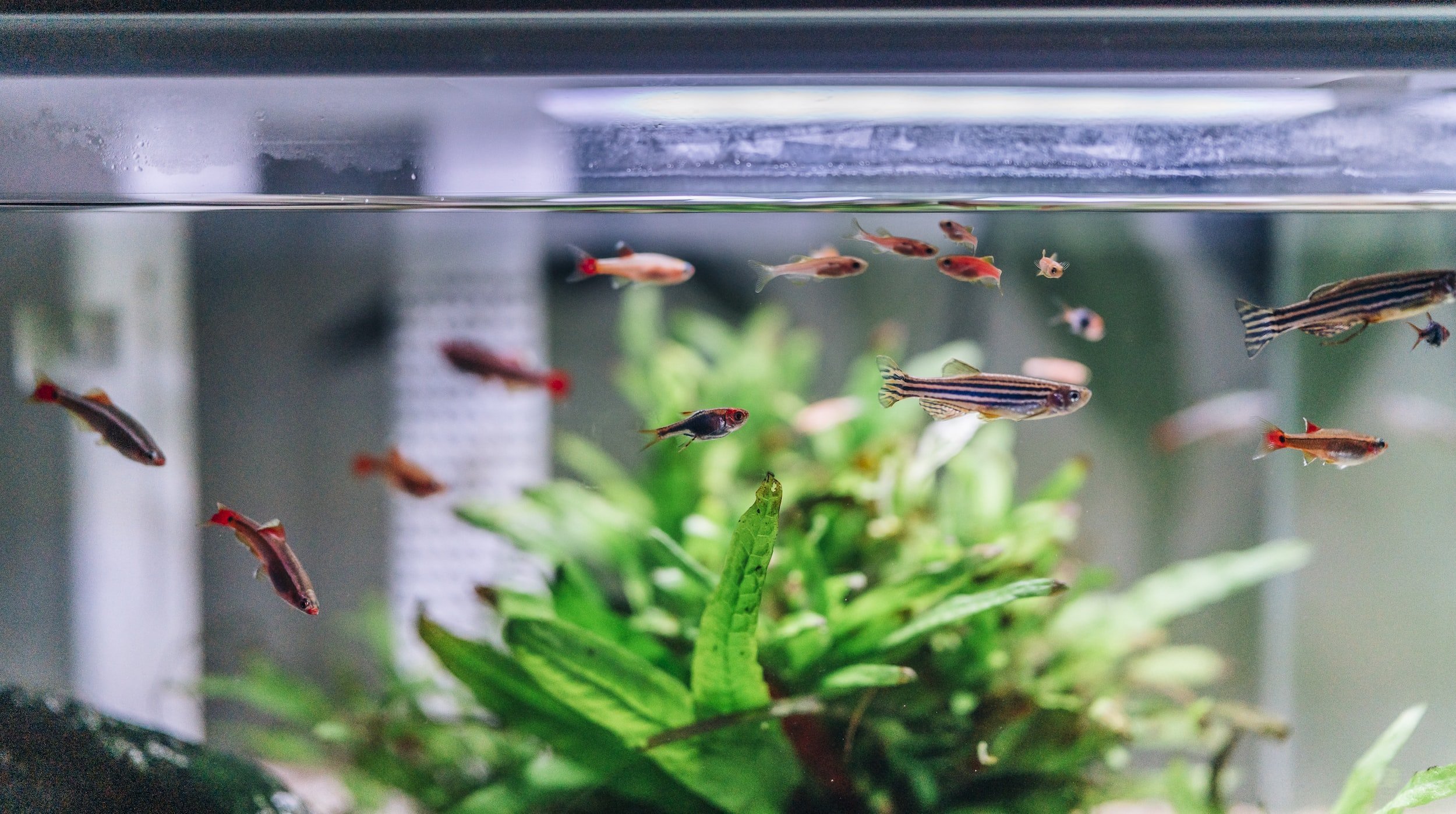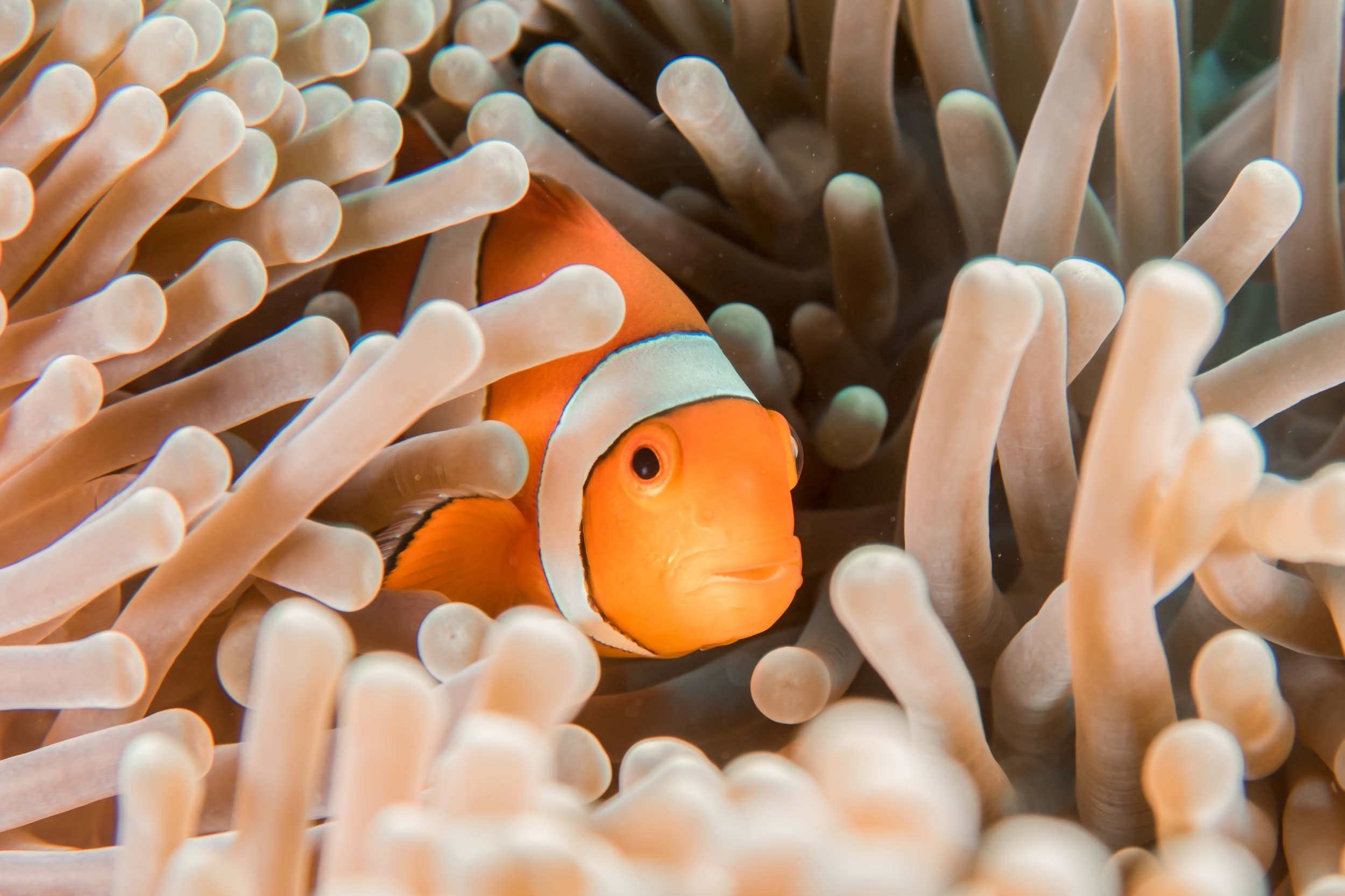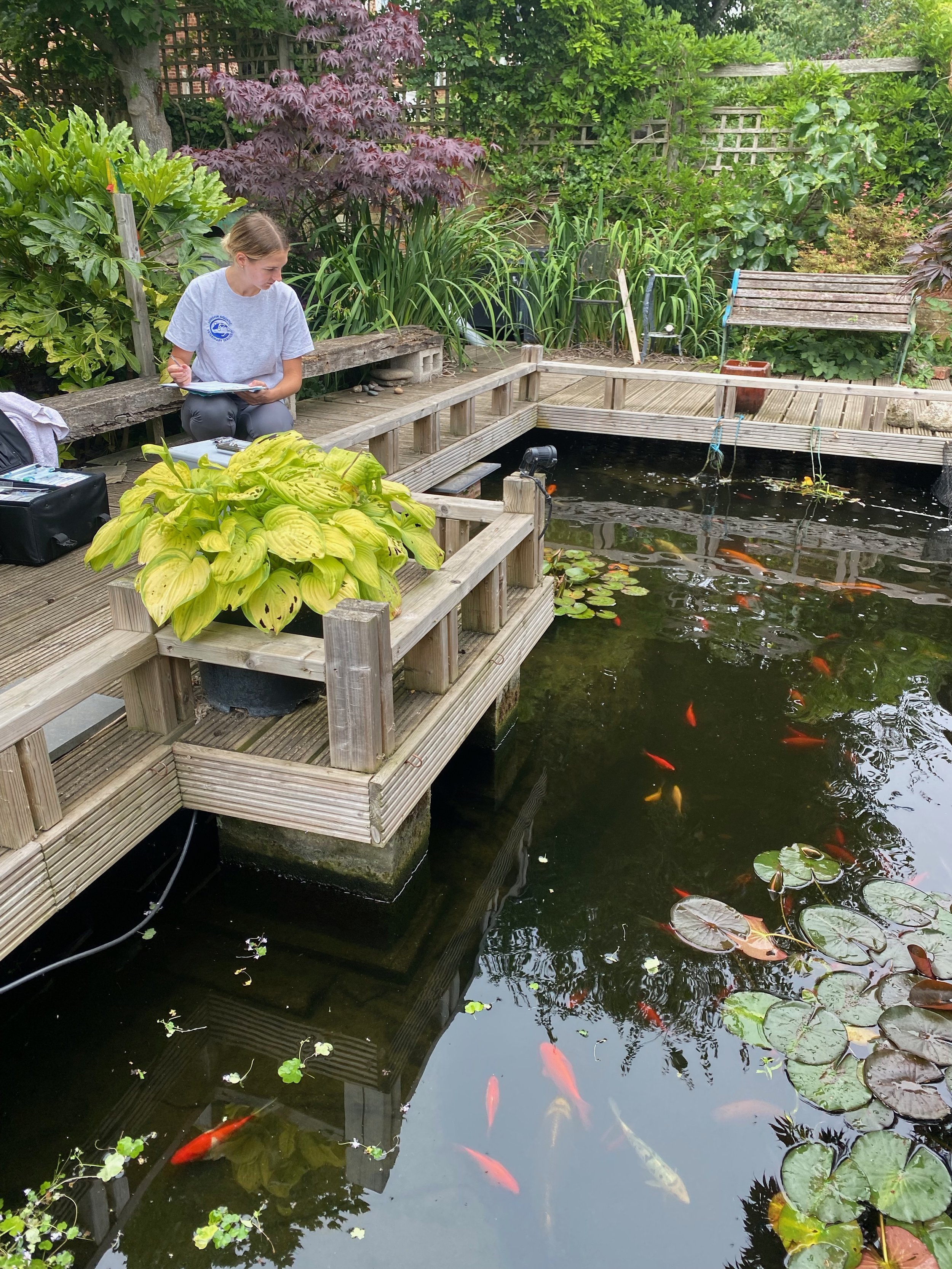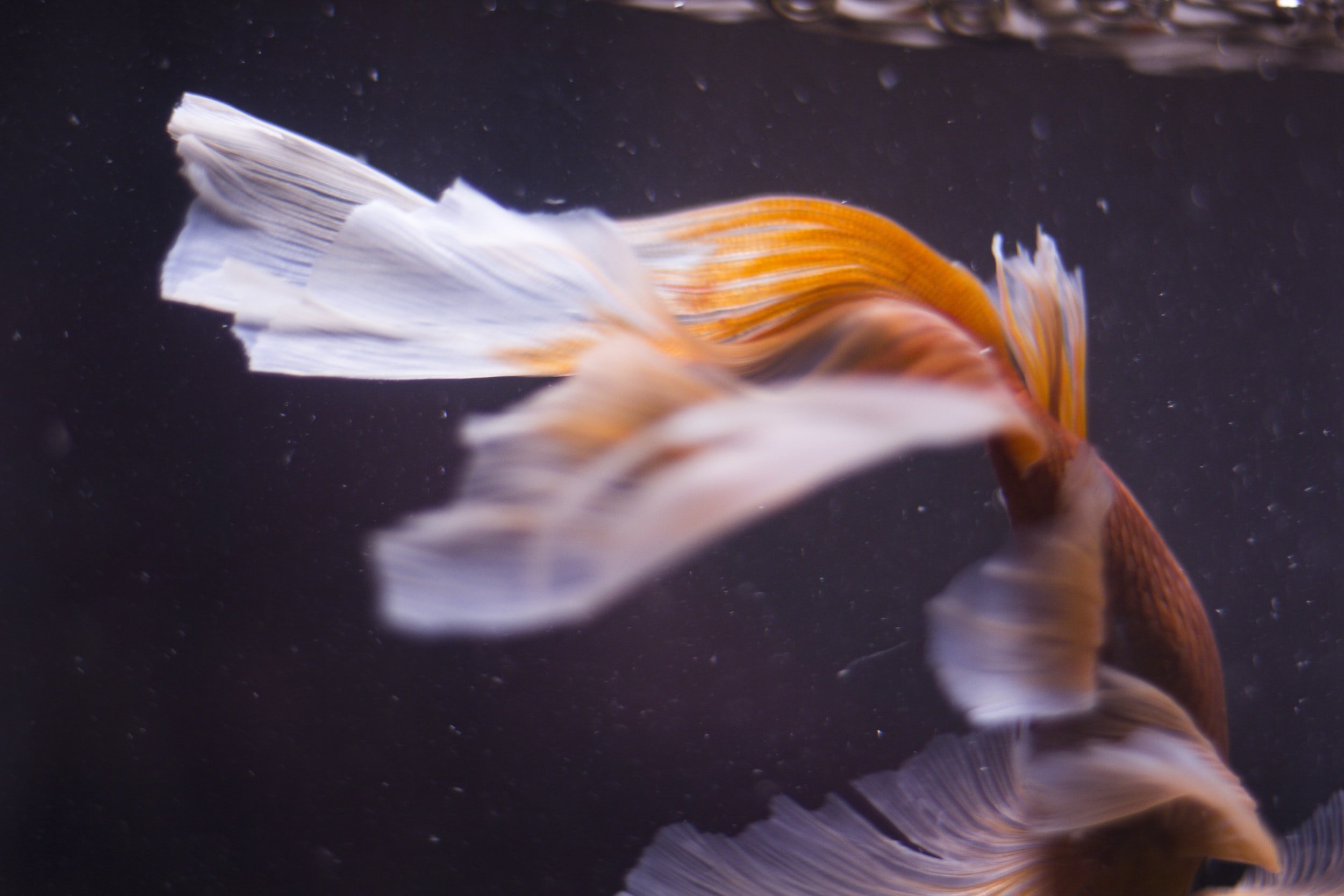About us
Launched in 2019, London Aquatic Veterinary Services is a mobile aquatic veterinary service for clients with aquatic pets in the Greater London area. Although the majority of patients London Aquatic Veterinary Services work with are koi and goldfish, London Aquatic Veterinary Services also looks aquatic amphibians and reptiles and works with several public Aquaria in England.
Meet the team
Dr Bryony
Chetwynd-Glover
BVSc MRCVS CertAqV
DIRECTOR & VETERINARY SURGEON
Bryony graduated from Bristol University with a Bachelors degree in Veterinary Science in 2017 and was awarded with the Bristol Zoological Prize at graduation. She is a registered member of the Royal College of Veterinary Surgeons and is WAVMA (World Aquatic Veterinary Medicine Association) certified in Aquatic Animal Health. She is the secretary for the Fish Veterinary Society and a member of the British Zoological Veterinary Society.
Bryony has over 5 years of experience working with fish. She has written numerous articles on fish health and husbandry for numerous publications including Practical Fish Keeping and most recently a piece for The Guardian newspaper.
People always ask me ‘but why fish!?’
The honest answer is I don’t know… I have always been fascinated by fish and other aquatic animals and have kept fish as pets from an early age. At university it was a natural decision to try and combine my interest with my degree. I started volunteering at Bristol Aquarium as an aquarist on the weekends during my 4th year of study before spending 6 weeks at The National Aquarium in Baltimore. When I look back, it was this experience that really cemented my ambition to work in aquatic animal medicine.
Following graduation, I worked in a busy small animal practice just outside London. I saw a few koi patients at this clinic but soon realised the aquatic work load was too infrequent to satisfy me.
I made the decision to leave the clinic and travel to Western Australia to learn from Dr Richmond Loh (The Fish Vet) most known for his helpful YouTube videos. Following this experience I came back to the UK with a renewed sense of purpose and took the steps to open my own mobile veterinary clinic for aquatic animals with the help from Dr Loh.
I am always delighted when people find my services and the surprise on their faces when they discover what can be done to help their fish. Whether I’m dealing with a goldfish with family member status or a group of high value koi for sale, I believe fish health and welfare to be of equal importance to the levels given to other ‘sentient’ animals. I am keen to breakdown the misconception that fish are disposable and can simply be replaced when lost to disease. In this ever-evolving world of aquatic animal medicine we can do more for our aquatic patients than ever before, it’s a very exciting time to be in the profession!
Dr Louise Hood
BVSc MRCVS
VETERINARY SURGEON
Dr. Louise Hood graduated from the University of Bristol in July 2024. Shortly after finishing university, Louise gained valuable experience in fish medicine through a summer internship with the renowned Dr. Bryony Chetwynd-Glover of London Aquatic Veterinary Services. Louise is building on the experience and knowledge gained during the internship by working towards the CertAqV. With a keen focus on diagnostic imaging and group health, Louise brings expertise and compassion to her role as a fish vet, striving to make a meaningful impact on both individual animals and wider populations.
